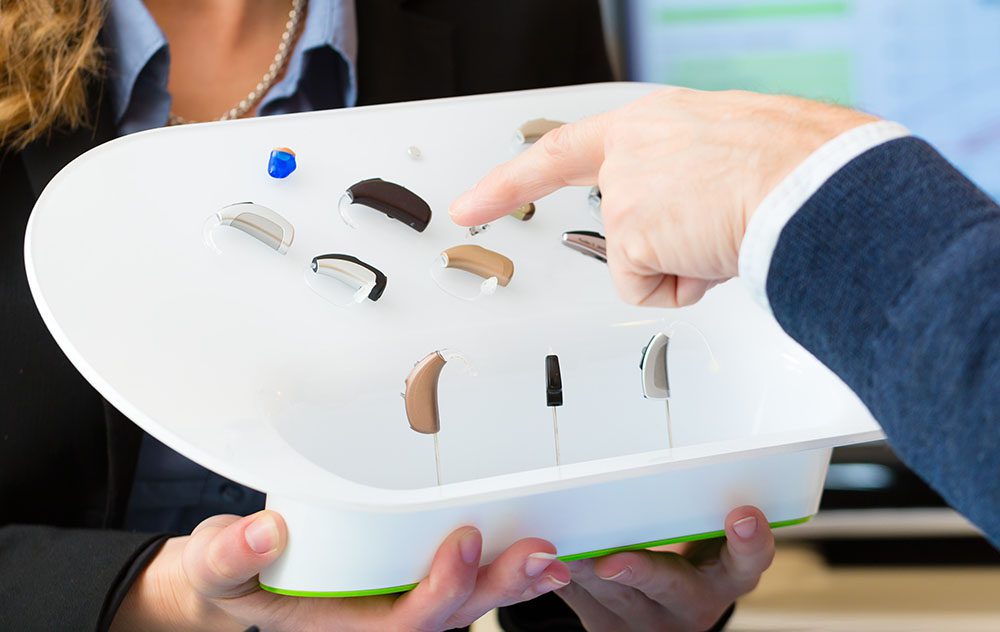The Connection Between Hearing Health and Emotional Well-Being
Your ability to hear clearly affects more than just your ears. It plays a


Your ability to hear clearly affects more than just your ears. It plays a

People from different cultural backgrounds often have unique perspectives

Smart watches, fitness bands and health monitors have become routine parts